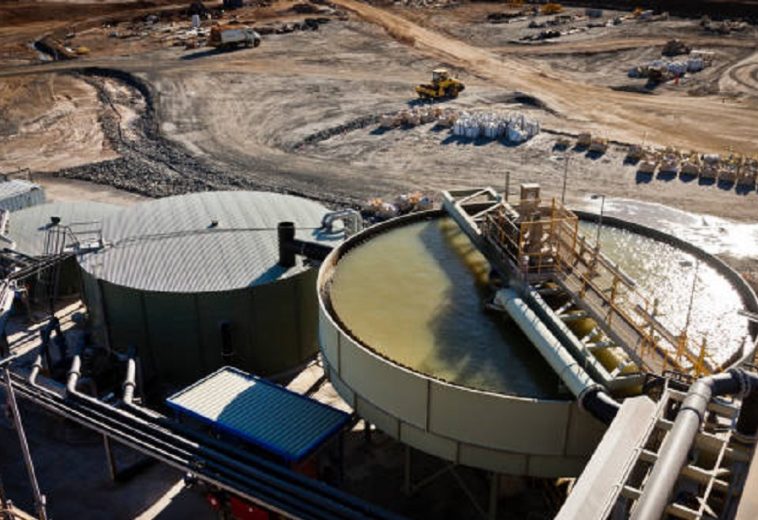The African diaspora has become a formidable economic force, generating significant remittance flows and contributing to local and global economies in diverse ways. From remittances bolstering GDPs to investments in technology and infrastructure, the economic influence of Africans abroad is shaping the continent’s present and future.
The Power of Remittances
According to the World Bank, remittances to low- and middle-income countries (LMICs) grew by an estimated 3.8% in 2023, a slowdown from the higher gains of the previous two years. A concern for 2024 is the potential decline in real income for migrants due to global inflation and weak economic growth prospects.
Remittances from Africans living abroad play a crucial role in Africa’s economies. In 2022 alone, sub-Saharan Africa received approximately $53 billion in remittances, with the largest contributions coming from countries such as the United States, the United Kingdom, and France.
Nigeria, Kenya, and Ghana are among the top beneficiaries, with remittances accounting for 3-5% of their GDPs, often exceeding foreign direct investment (FDI) or official development assistance (ODA). These funds not only provide direct financial support to families but also boost local consumption, support businesses, and drive infrastructural development across the continent.
In terms of regional trends, remittance inflows increased for Latin America and the Caribbean (8%), South Asia (7.2%), East Asia and the Pacific (3%), and sub-Saharan Africa (1.9%). However, flows to the Middle East and North Africa declined by 5.3%, primarily due to a sharp drop in remittances to Egypt. Similarly, remittances to Europe and Central Asia decreased by 1.4%, following an 18% increase in 2022.
The cost of sending remittances to Africa remains among the highest globally, averaging 8-9%. Reducing these transaction costs could significantly amplify the impact of remittances, enabling more capital to flow into the continent and generate widespread benefits.
Leading economists, including Kevin Chika Urama of the African Development Bank, emphasise the importance of lowering transaction fees. They suggest that initiatives such as tax incentives for diaspora investors could further enhance the positive impact of remittances.
Economic Impact on Africa’s GDP
Beyond remittances, the African diaspora’s contributions to the continent’s economies through entrepreneurial ventures have become increasingly apparent. Diaspora investments often target sectors with high growth potential, including technology, healthcare, and renewable energy.
The African Diaspora Network’s Beyond Remittances initiative highlights efforts to channel direct investments into African small businesses, particularly in the fintech and renewable energy sectors. These investments contribute to GDP growth and economic diversification by introducing modern solutions and innovative business models, helping to foster economic independence for local communities.
Diaspora Impact in a Globalised World
The influence of Africans abroad extends beyond financial contributions. Many members of the diaspora are highly educated and bring valuable skills back to the continent, a process known as “brain circulation.” This phenomenon facilitates knowledge transfer and strengthens local institutions.
Organisations such as the African Diaspora Network work with both public and private partners to encourage African diasporans to apply their expertise directly to local markets. African governments are increasingly recognising the economic significance of the diaspora. Countries such as Rwanda, Kenya, and Ethiopia have implemented policies to attract diaspora investments, viewing them as essential partners in national development.
Some nations have even created diaspora bonds, encouraging nationals living abroad to invest in infrastructure and development projects back home. These efforts are part of a broader strategy to integrate diaspora contributions into the formal economy, positioning them as a key pillar in Africa’s socio-economic development plans.
Charting the Future
Looking ahead, remittances to LMICs are expected to grow at a modest 2.3% in 2024, although growth will vary across regions. Potential downside risks to these projections include weaker-than-expected economic performance in high-income migrant-hosting countries, as well as volatility in oil prices and currency exchange rates.
READ ALSO: UNGA 2024 and Climate Finance: Will Africa Finally Receive Adequate Support?
“Migration and resulting remittances are essential drivers of economic and human development,” said Iffath Sharif, Global Director of the Social Protection and Jobs Global Practice at the World Bank. “Many countries are interested in managed migration in the face of global demographic imbalances and labour deficits on the one hand and high levels of unemployment and skill gaps on the other. We are working on partnerships between countries sending and receiving migrants to facilitate training, especially for youth, to get the skills needed for better jobs and income at home and in destination countries.”
The African diaspora is poised to play a critical role in the continent’s future. By leveraging both financial and intellectual resources, diasporans can help drive Africa’s growth and stability. Ongoing efforts to streamline remittances, support diaspora-driven investments, and lower transaction costs will be vital in ensuring the diaspora’s influence remains sustainable.
As diaspora networks expand and more partnerships are forged between governments and diaspora communities, the economic power of Africans abroad will likely reach new heights. This will not only boost Africa’s role on the global economic stage but also promote a self-sustaining and prosperous continent.




